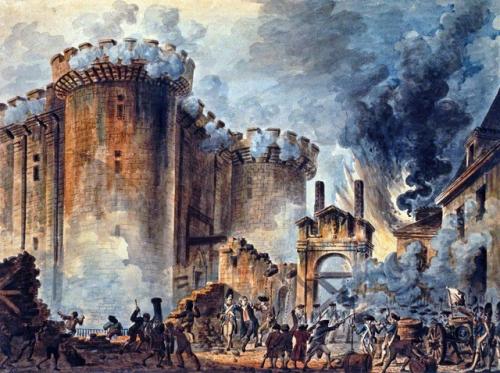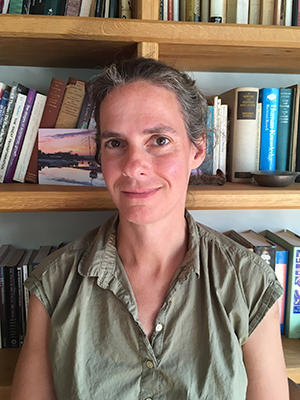HUMS 410, Modernities: Nineteenth-Century Historical Narratives

Course Description:
British historical narratives in the nineteenth century, an age often cited as the crucible of modern historical consciousness. How a period of industrialization and democratization grounded itself in imagined pasts—whether recent or distant, domestic or foreign—in both historical novels and works by historians who presented programmatic statements about the nature of historical development.
Led by:
 |
Professor Stuart SemmelStuart Semmel teaches courses on modern British history, British imperial history, global history, and historical consciousness. He is also the Associate Head of Pauli Murray College.
He received his A.B. and Ph.D. from Harvard University. His book Napoleon and the British (Yale, 2004), shortlisted for the Longman/History Today Book of the Year prize, considers how Napoleon Bonaparte was used in British political argument and political culture. His publications include articles on tourism and radical politics. His current book project examines an early nineteenth-century British woman’s career as a freelance propagandist.
Before coming to Yale, Semmel was a tenured Associate Professor at the University of Delaware. He has also taught at Harvard, the University of Pennsylvania, American University, Peking University, and Yale-NUS College. He has been a fellow at the National Humanities Center and the Penn Humanities Forum. His courses include “Nineteenth-Century Britain,” “Britain’s Empire,” “The World Circa 1800,” and “British Identity since 1800” (graduate seminar). He also teaches classes on various aspects of “historical consciousness”: “Thinking About History” (a first-year seminar), “Screening the Past” (in the Humanities program), and “Nineteenth-Century Historical Narratives” (in Humanities, with Professor Stefanie Markovits). He also teaches “Historical and Political Thought” (from Herodotus to Arendt) in the Directed Studies program.
|
 |
Professor Stefanie MarkovitsI research and teach English literature of the long Nineteenth Century: both Romantic and Victorian, both poetry and the novel. Other areas of interest include German classical literature (especially Goethe and Schiller), aesthetic theory, war and literature, and genre theory. My first book demonstrated the scope of my concerns by considering the treatment of literary and political action in writers from Wordsworth to Henry James. While my second, on the Victorian response to an unpopular war (the Crimean War, 1854-56), was narrower, it allowed me to think further about the impact of social and political matters on formal ones: how (for example) does patriotic poetry translate the blunders of the Crimea into verse? My new book offers an in-depth account of the verse-novel as it arose in the mid-Victorian period, focusing on how the split allegiances of its component genres allow for the unleashing of radical energies. I am currently beginning a project on the way numbers interact with literary forms in the nineteenth century. |